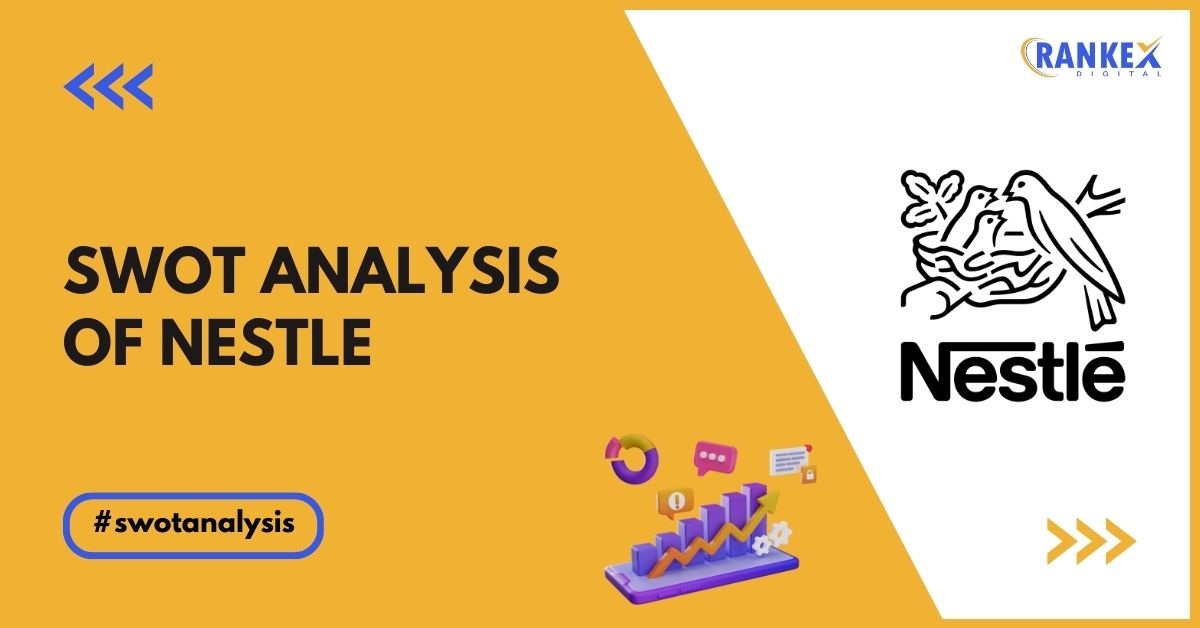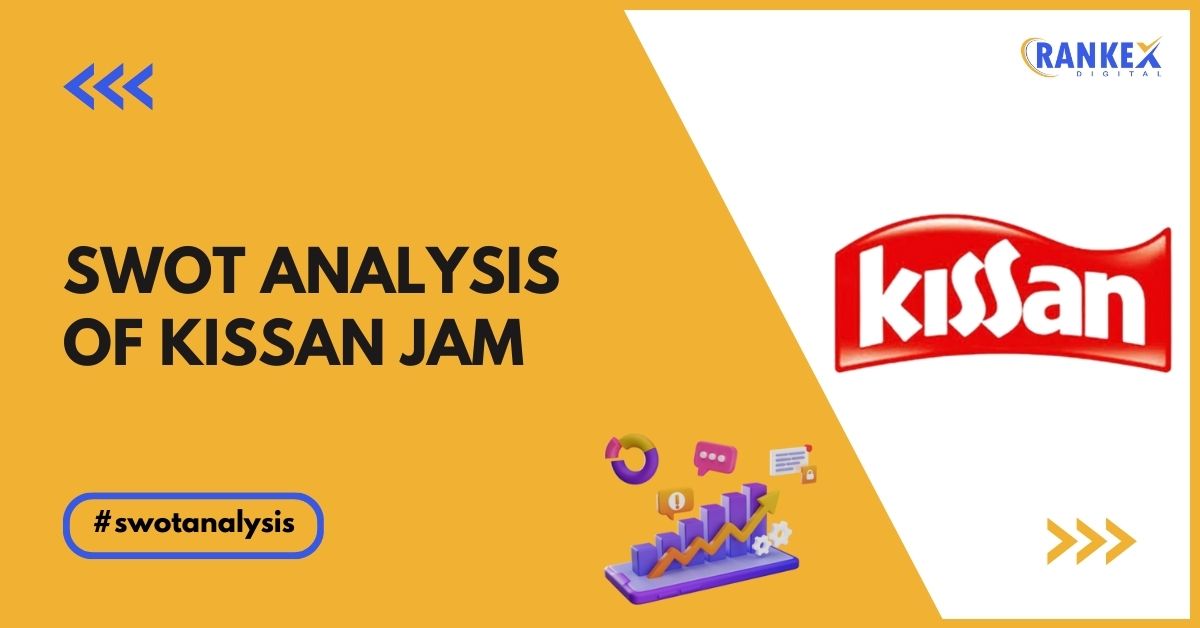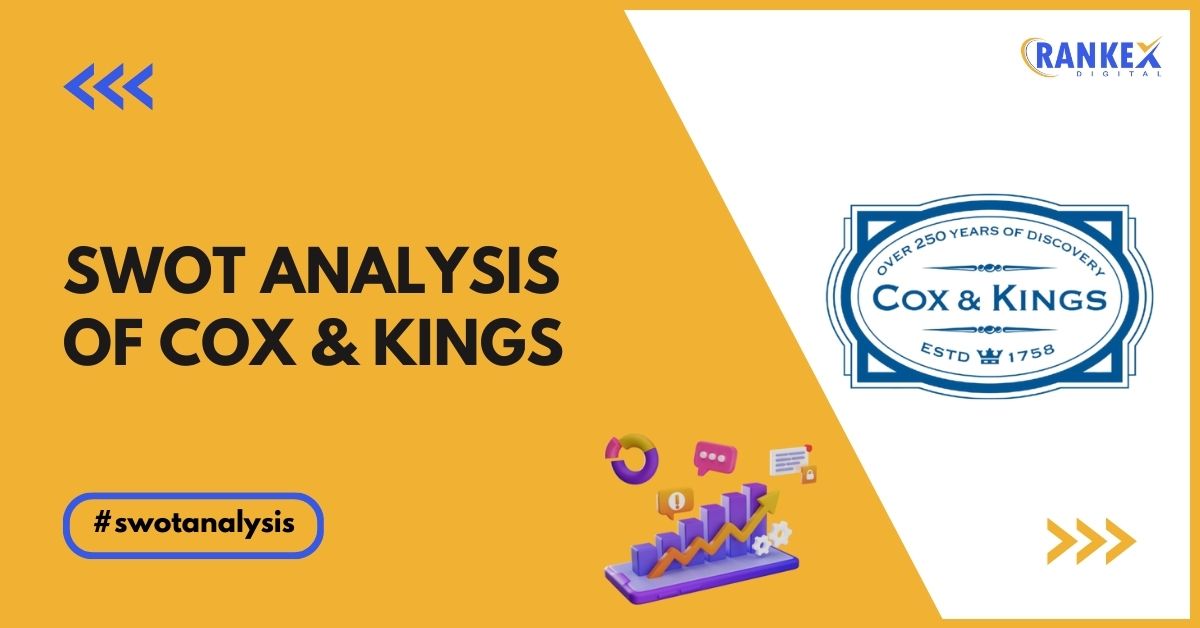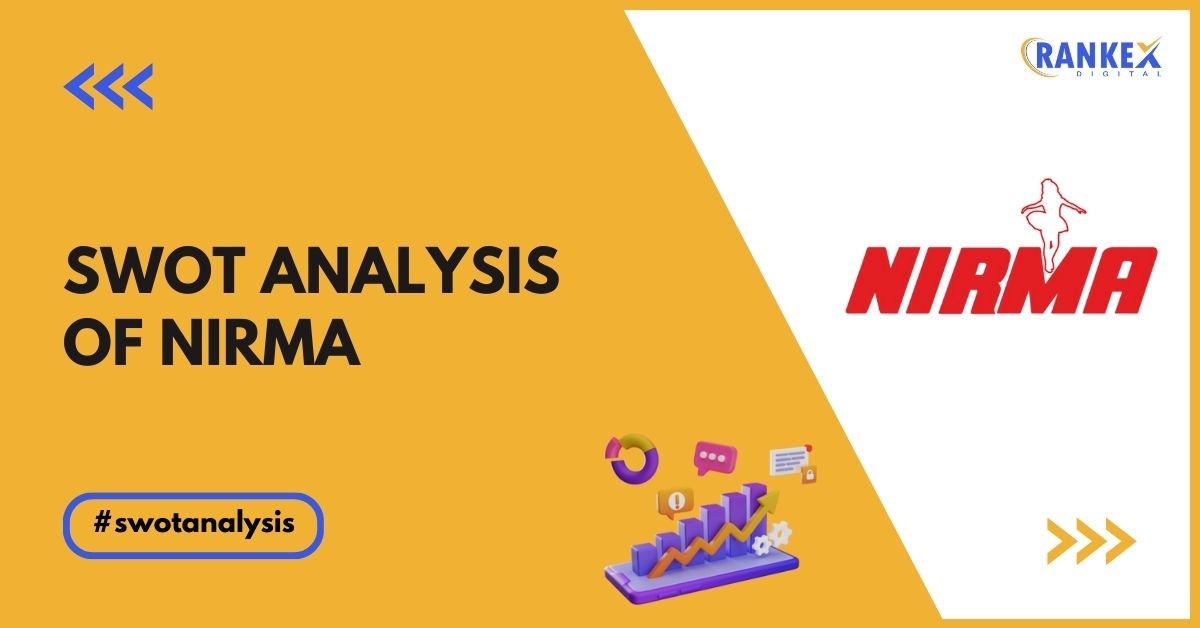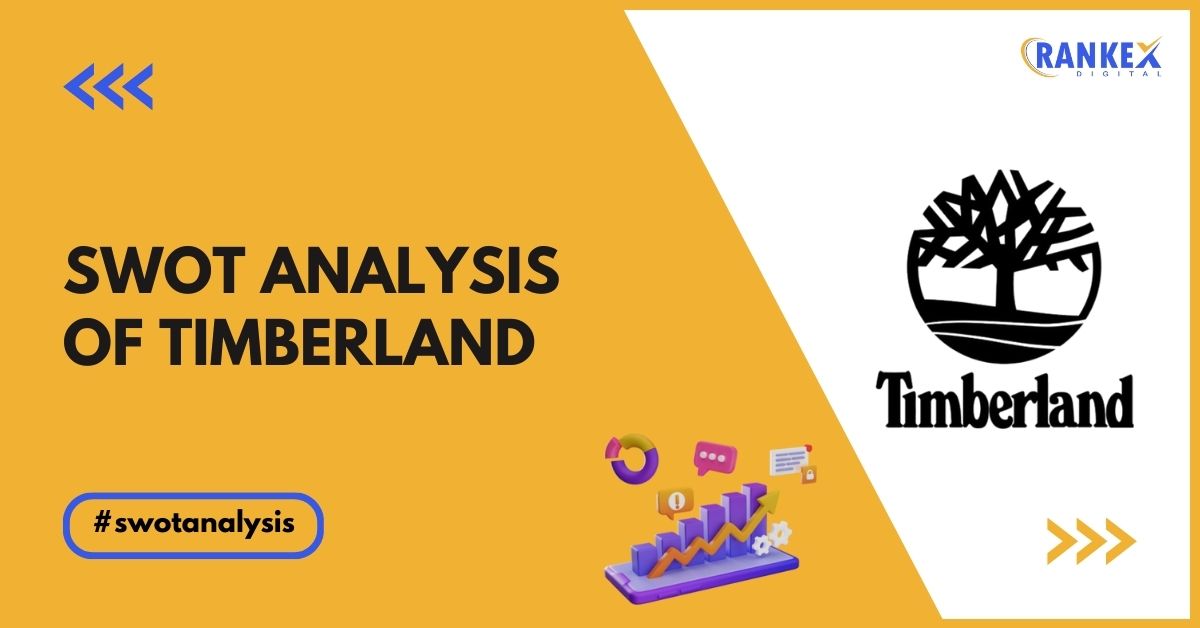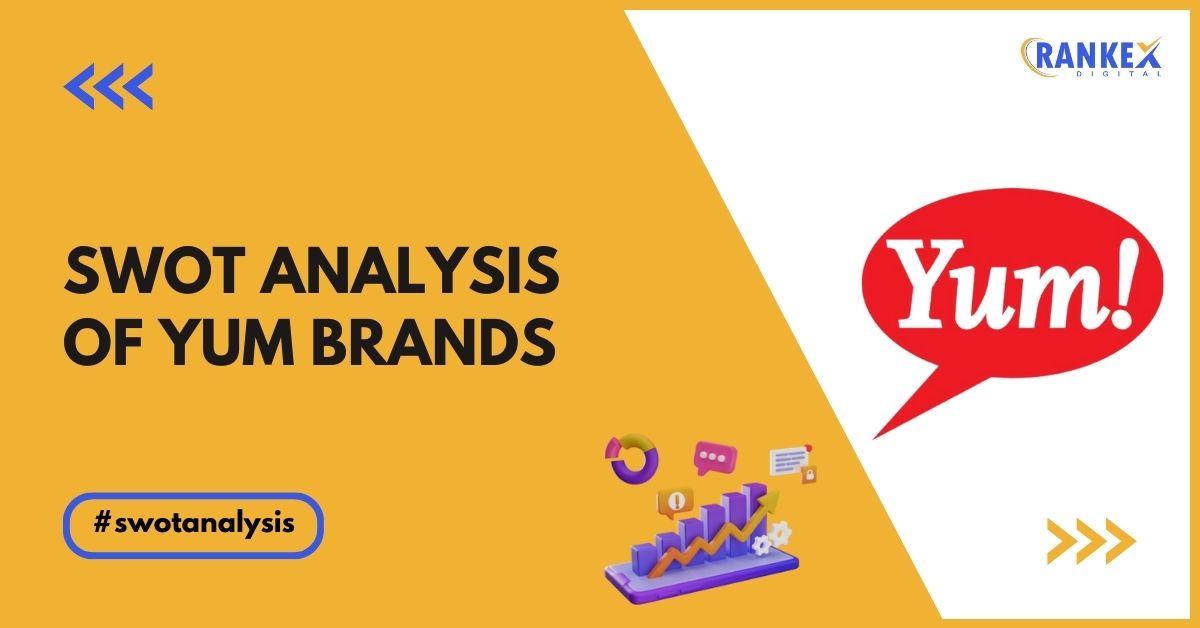Nestle is one of the world’s largest food and beverage companies, with a diverse portfolio of products ranging from baby food and bottled water to pet care and pharmaceuticals. Understanding the strengths, weaknesses, opportunities, and threats (SWOT) of Nestle is essential for analyzing its competitive position in the global market and strategizing for future growth.
This article provides a comprehensive SWOT analysis of Nestle, exploring its key attributes and market dynamics.
Table of Contents
Overview of Nestle
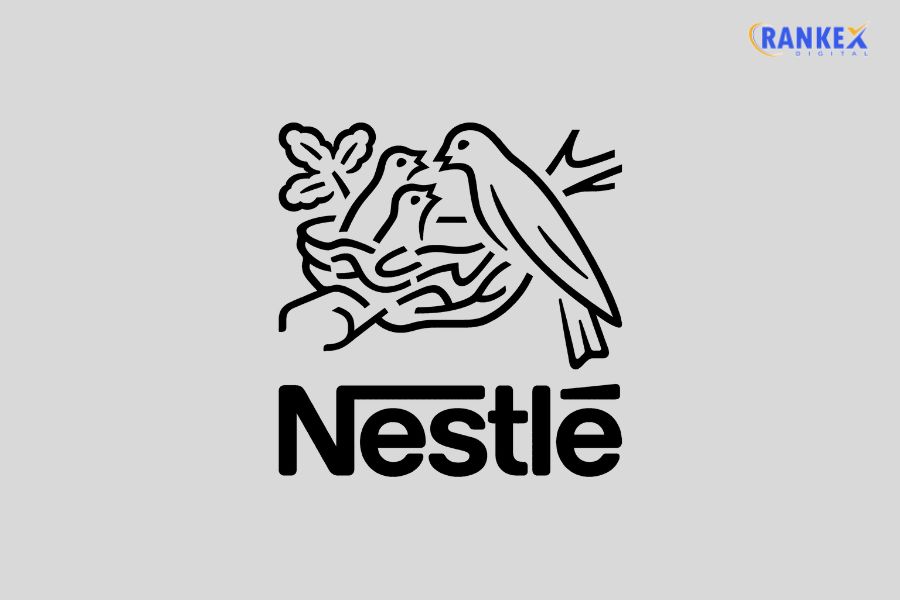
Nestle was founded in 1867 by Henri Nestle, who created an infant food product that quickly gained popularity. Over the decades, the company expanded its product offerings through acquisitions and innovations, becoming a global leader in the food and beverage industry.
Headquartered in Vevey, Switzerland, Nestle operates in 189 countries and has over 2,000 brands, including household names like Nescafé, KitKat, and Gerber.
Quick Stats About Nestle
| Founder | Henri Nestle |
|---|---|
| Year Founded | 1867 |
| Origin | Vevey, Switzerland |
| No. of Employees | 275,000+ |
| CEO | Mark Schneider |
| Company Type | Public |
| Market Cap | $320 Billion |
| Annual Revenue | $98 Billion (FY 2023) |
| Net Profit | $13 Billion (FY 2023) |
Current News of Nestle
- Sustainability Initiatives: Nestle is committed to achieving net-zero greenhouse gas emissions by 2050 and is investing heavily in sustainable sourcing and packaging innovations.
- Health and Wellness Focus: Nestle has been expanding its portfolio in the health and wellness sector, including plant-based foods, vitamins, and nutritional supplements.
- Strategic Acquisitions: Nestle continues to grow through strategic acquisitions, including recent purchases in the pet care and premium water segments.
- Digital Transformation: The company is enhancing its digital capabilities through e-commerce, data analytics, and consumer engagement platforms to better serve its global customer base.
SWOT Analysis of Nestle
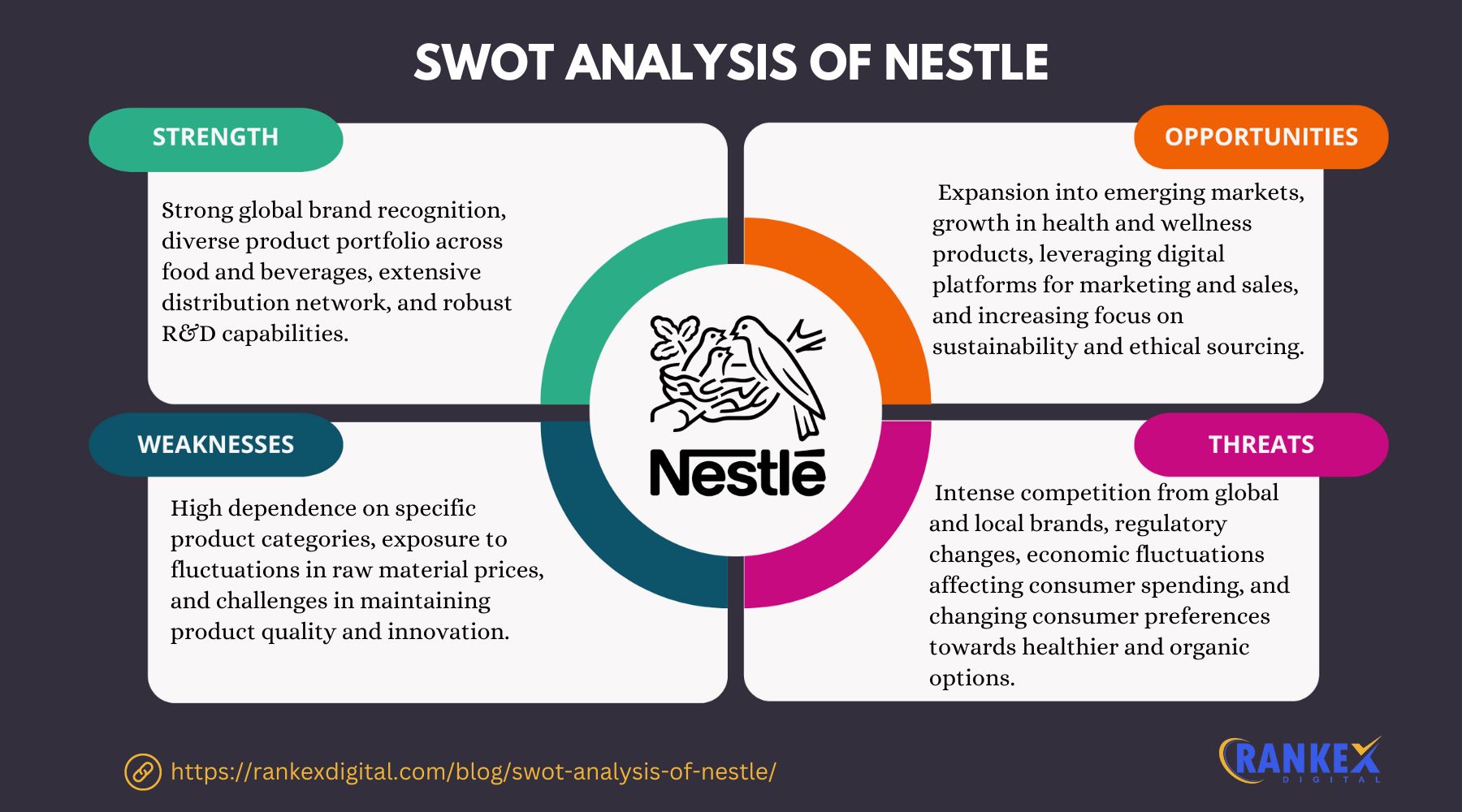
Strengths of Nestle
- Global Brand Recognition: Nestlé is one of the most recognizable brands in the world, with a presence in nearly every country. Its products are a staple in households across continents, and the company’s long history and reputation for quality have built significant trust among consumers. This global recognition allows Nestlé to tap into diverse markets and consumer groups, making it a dominant player in the food and beverage industry.
- Diverse Product Portfolio: With over 2,000 brands under its umbrella, Nestlé has a diverse product portfolio that spans various categories, including beverages, dairy, nutrition, frozen foods, and pet care. This diversification allows Nestlé to reach a wide range of consumers, from health-conscious individuals seeking nutrition products to families buying comfort foods. It also helps the company reduce reliance on any single product line, thereby mitigating risks associated with market fluctuations or changing consumer preferences.
- Strong R&D Capabilities: Nestlé invests heavily in research and development, driving innovation across its product offerings. The company’s commitment to R&D allows it to develop new food technologies, create healthier product alternatives, and improve production processes. Nestlé is particularly focused on areas such as food science, nutrition, and sustainability. This ongoing innovation gives the company a competitive edge by allowing it to anticipate market trends, meet consumer demands, and stay ahead of competitors.
- Efficient Supply Chain: Nestlé’s vast and well-managed global supply chain ensures consistent product availability and quality across various regions. The company has developed robust systems to manage sourcing, manufacturing, distribution, and logistics, which enables it to deliver products efficiently and cost-effectively. This supply chain infrastructure is crucial for a company with such a diverse range of products and a presence in over 190 countries.
- Commitment to Sustainability: Nestlé has made sustainability a core focus of its operations. The company is committed to reducing its environmental impact through sustainable sourcing of raw materials, eco-friendly packaging solutions, and efforts to reduce water consumption. Nestlé has also been actively working on reducing its carbon footprint and improving the sustainability of its supply chain. These efforts help the company appeal to environmentally conscious consumers and align with global movements toward more sustainable business practices.
Weaknesses of Nestle
- Criticism Over Health Impact: Nestlé has faced criticism for some of its products, particularly those high in sugar, salt, and fat, which have been linked to health issues such as obesity, diabetes, and heart disease. Despite efforts to offer healthier alternatives, some of its products, especially in the snack and beverage categories, continue to face scrutiny from health organizations, consumers, and regulatory bodies. This public perception can hurt Nestlé’s reputation, especially as consumers become more health-conscious.
- Dependence on Emerging Markets: A significant portion of Nestlé’s revenue comes from emerging markets like Asia, Africa, and Latin America. While these markets provide significant growth opportunities, they are also subject to volatility due to factors such as economic fluctuations, political instability, and changing regulations. Nestlé’s heavy reliance on these markets can expose the company to risks related to currency devaluation, inflation, and geopolitical tensions, which may affect profitability and growth potential.
- Product Recalls: Like many large food companies, Nestlé has faced several product recalls over the years due to contamination, safety issues, or failure to meet regulatory standards. These incidents can damage the company’s reputation and erode consumer trust. Product recalls are also costly in terms of direct expenses, legal liabilities, and lost sales. The risk of future recalls, particularly with complex supply chains and vast product ranges, remains an ongoing challenge.
- High Operational Costs: Operating on a global scale comes with high operational costs. Nestlé must manage logistics, manufacturing, marketing, and compliance with regulatory standards in every country where it operates. Additionally, the company’s commitment to quality and sustainability adds layers of cost, especially in sourcing sustainable ingredients or implementing eco-friendly packaging. These high operational expenses can impact profitability, particularly during periods of economic uncertainty or increasing production costs.
- Complex Organizational Structure: Nestlé’s size and global reach result in a complex organizational structure, with various business units across different product categories and regions. This can sometimes lead to inefficiencies, slow decision-making, and a lack of coordination between different parts of the organization. While Nestlé is well-established in its operations, managing such a large organization can pose challenges in terms of maintaining agility and responsiveness to changing market dynamics.
Opportunities for Nestle
- Expansion in Health and Wellness: As consumers increasingly prioritize health and wellness, there is an opportunity for Nestlé to expand its offerings in plant-based foods, functional nutrition, and supplements. The demand for organic, gluten-free, low-sugar, and other health-conscious products is on the rise. Nestlé has already begun to tap into this market with brands like Garden Gourmet and Nescafé, and it can further innovate by introducing healthier alternatives across its entire product portfolio. This could help Nestlé capture the growing market of health-conscious consumers.
- Growth in Emerging Markets: Continued urbanization and rising disposable incomes in emerging markets present significant growth opportunities for Nestlé. With an expanding middle class and a growing appetite for consumer goods, these markets offer long-term potential for increasing Nestlé’s market share. The company can leverage its strong presence and brand recognition in these regions to capitalize on local preferences and boost sales in categories like dairy, nutrition, and beverages.
- E-commerce Growth: The global shift towards online shopping offers Nestlé the chance to strengthen its digital presence. With more consumers shopping for groceries and other products online, Nestlé can enhance its e-commerce strategy by improving direct-to-consumer channels and partnering with online retailers. The expansion of online platforms allows the company to reach more consumers directly, bypassing traditional retail channels, and catering to the growing demand for convenience and home delivery services.
- Product Innovation: Nestlé’s strong R&D capabilities position it well to innovate and introduce new products that meet changing consumer preferences. Whether it’s through plant-based alternatives, clean-label products, or functional foods with added health benefits, the company can leverage consumer trends toward organic, sugar-free, and eco-friendly products. Product innovation will allow Nestlé to stay relevant in a fast-evolving market and cater to the diverse needs of health-conscious and environmentally aware consumers.
- Sustainability Leadership: As sustainability becomes an increasingly important factor for consumers and investors, Nestlé can continue to lead by example. The company’s commitment to reducing its carbon footprint, using sustainable ingredients, and improving the recyclability of its packaging will strengthen its brand reputation. As consumers and regulators alike demand more responsible business practices, Nestlé’s sustainability initiatives can provide a competitive advantage in the marketplace and attract both eco-conscious consumers and socially responsible investors.
Threats to Nestle
- Intense Competition: The food and beverage industry is highly competitive, with several major players like Unilever, PepsiCo, and Danone, as well as local and regional competitors, vying for market share. These companies often have similar product offerings and can be more agile in responding to market trends. This intense competition can lead to pricing pressures and market share erosion, particularly in mature markets where consumer loyalty is harder to build.
- Regulatory Challenges: Nestle operates in numerous countries, each with its regulatory requirements for food safety, labelling, and environmental impact. Increasing regulations, particularly around nutrition labelling, health claims, and packaging, can lead to higher compliance costs for the company. Furthermore, the rising scrutiny of food ingredients and environmental practices could force Nestlé to invest in costly product reforms, which could impact its margins and market position.
- Economic Uncertainty: Global economic fluctuations, such as recessions, inflation, and currency volatility, can affect consumer spending and Nestlé’s profitability. In times of economic downturn, consumers tend to prioritize essential purchases, which may lead to reduced demand for premium or non-essential products. Currency fluctuations in emerging markets can also affect the company’s earnings, as a significant portion of its revenue comes from regions with less economic stability.
- Changing Consumer Preferences: As consumers become more health conscious and environmentally aware, there is a risk that traditional Nestlé products, particularly those high in sugar, salt, and fat, may fall out of favour. This shift in consumer behaviour may require Nestlé to continually reformulate its products, which can be costly and time-consuming. Furthermore, changing tastes and preferences, such as the growing demand for plant-based and organic foods, could put pressure on Nestlé to adapt its product offerings to maintain consumer relevance.
- Supply Chain Disruptions: Nestlé’s vast and complex supply chain is vulnerable to disruptions caused by geopolitical tensions, natural disasters, pandemics, and climate change. These disruptions can affect the availability and cost of raw materials, transportation, and manufacturing. The company’s reliance on global sourcing means it must navigate risks related to environmental factors, political instability, and trade barriers, which can affect product availability, lead to increased costs, and impact profitability.
Top Competitors of Nestle
- Unilever: A major competitor in the food, beverage, and personal care segments, known for its strong portfolio of brands and sustainability initiatives.
- PepsiCo: Competes with Nestle in the snack foods and beverages sectors, with a focus on innovation and expanding its healthy product offerings.
- Danone: A key competitor in the dairy and plant-based foods markets, with a strong presence in health-focused products and sustainability efforts.
- The Coca-Cola Company: Although primarily a beverage company, Coca-Cola competes with Nestle in the bottled water and ready-to-drink segments.
- Kraft Heinz: Competes in the packaged foods segment, with a focus on brand recognition and a broad product portfolio.
Conclusion
The SWOT analysis of Nestle highlights its global brand recognition, diverse product portfolio, strong R&D capabilities, efficient supply chain, and commitment to sustainability as key strengths. However, the company faces challenges such as criticism over the health impact of its products, dependence on emerging markets, and high operational costs.
Opportunities for Nestle lie in expanding its health and wellness offerings, growth in emerging markets, e-commerce, product innovation, and sustainability leadership. On the other hand, threats include intense competition, regulatory challenges, economic uncertainty, changing consumer preferences, and supply chain disruptions.
By leveraging its strengths and opportunities while addressing its weaknesses and threats, Nestle can continue to lead in the global food and beverage industry and drive future growth.
Frequently Asked Questions
1. What are the main strengths of Nestlé?
Nestlé’s strengths include its global brand recognition, with a presence in nearly every country, its diverse product portfolio that spans over 2,000 brands, strong R&D capabilities driving innovation, an efficient and well-managed global supply chain, and a commitment to sustainability. These factors allow Nestlé to maintain leadership in the global food and beverage industry.
2. What are the weaknesses that Nestlé faces?
Some of Nestlé’s weaknesses include criticism over the health impacts of certain products high in sugar, salt, and fat, dependence on volatile emerging markets for revenue, occasional product recalls that can harm its reputation, high operational costs, and a complex organizational structure that can lead to inefficiencies and slower decision-making.
3. What opportunities does Nestlé have for growth?
Nestlé has several opportunities for growth, such as expanding its product lines in the health and wellness sector, especially with the increasing demand for plant-based foods and functional nutrition. Additionally, there is potential for growth in emerging markets, a booming e-commerce market, innovation in new products, and strengthening its leadership in sustainability.
4. What threats does Nestlé face?
Nestlé faces threats from intense competition in the food and beverage industry, changing consumer preferences towards healthier and more environmentally-conscious products, increasing regulatory challenges regarding food safety and labelling, the economic uncertainty that could affect consumer spending, and potential disruptions in its global supply chain due to geopolitical factors, pandemics, or natural disasters.
5. How does Nestlé’s global presence benefit the company?
Nestlé’s global presence allows the company to reach a diverse range of consumers, catering to different tastes, cultures, and dietary preferences. This vast market reach helps the company tap into both developed and emerging markets, providing a stable revenue stream and enabling it to diversify risks across regions.
6. What is Nestlé doing to address sustainability concerns?
Nestlé is committed to sustainability through efforts such as reducing its carbon footprint, sourcing raw materials sustainably, using eco-friendly packaging, and investing in water conservation practices. The company has made significant progress in creating more environmentally responsible products and operations to align with growing consumer demand for sustainability.
7. How does Nestlé’s R&D help its competitiveness?
Nestlé’s strong investment in research and development enables the company to lead in product innovation, especially in the areas of nutrition, food technology, and sustainability. The company continually adapts to changing consumer preferences, creating healthier options and incorporating new ingredients and technologies into its products, giving it a competitive edge in the market.
8. How does Nestlé deal with criticism over the health impacts of its products?
Nestlé has faced criticism for products high in sugar, salt, and fat, which have been linked to health issues. To address this, the company has been reformulating many of its products to reduce unhealthy ingredients and introduce healthier alternatives. Nestlé has also expanded its health-focused offerings, such as plant-based foods and functional nutrition, to better align with growing consumer health-consciousness.
9. What role do emerging markets play in Nestlé’s revenue?
Emerging markets are a key source of revenue for Nestlé, with their growing middle class and increasing disposable incomes presenting significant growth opportunities. However, these markets are also more volatile, subject to economic fluctuations, political instability, and regulatory changes, which pose risks to Nestlé’s revenue in these regions.
10. How does Nestlé manage its supply chain on a global scale?
Nestlé has a vast, well-managed supply chain that spans across multiple continents. The company invests heavily in logistics, sourcing raw materials from around the world, and maintaining efficient distribution systems. This global supply chain ensures that products are consistently available, meets demand, and maintains quality across markets. However, the complexity of this supply chain also makes Nestlé vulnerable to disruptions from external factors such as geopolitical tensions or climate change.

